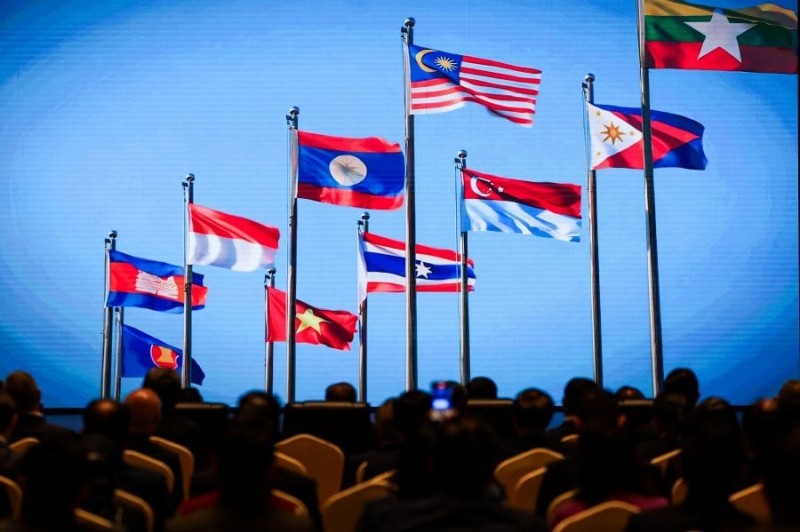
Image credit: NST
ASEAN should develop a parallel strategy by engaging major economies beyond the region – particularly Australia – to enhance production, productivity and domestic consumption, which will be crucial for strengthening the region’s resilience against future shocks like sudden policy shifts in key markets.
“A complementary strategy that considers the disruptive actions of major global powers means that smaller economies must not only survive but thrive despite ever-evolving crises across the waves. Australia, as another middle power, is the right partner for this endeavour,” said Malaysia Global Business Forum (MGBF) founding chairman Nordin Abdullah.
Nordin highlighted Malaysia’s strategic position as a prime investment destination, particularly for companies looking to establish high-value production facilities as the country is well-placed to support resilient supply chains considering its access to the Pacific and Indian Oceans and overland connections to mainland Asia and Europe.
“This will be important for companies looking to ensure resilient supply chains for critical components or finished products. It is a matter of strategic interest as global competitors look to establish supply chains and profit centres in the region,” he added.
At the same time, Nordin noted a decline in Australian foreign direct investment (FDI) in Southeast Asia, which fell to 2.9% in 2022 from 6.3% in 2017 – warning that this trend could weaken regional economic stability.
However, historically, Australia and ASEAN have built strong ties based on shared interests, trust and diplomatic cooperation, which includes pledging to strengthen two-way trade and investment with ASEAN to create jobs and boost economic growth across the region.
Regarding this, Australian Prime Minister Anthony Albanese announced initiatives to implement key recommendations from ‘Invested: Southeast Asia Economic Strategy to 2040’, which is a blueprint for Australia’s long-term economic engagement with the region.
These include a A$2 billion Southeast Asia Investment Financing Facility to catalyse Australian investment in critical sectors such as infrastructure and clean energy.
The country also extended its Partnerships for Infrastructure initiative to support regional infrastructure development and attract more diverse, high-quality financing, reinforcing its commitment to strengthening economic ties and fostering sustainable growth in ASEAN.
Source: https://sme.asia/asean-advised-to-boost-economic-resilience-by-leveraging-australia/

